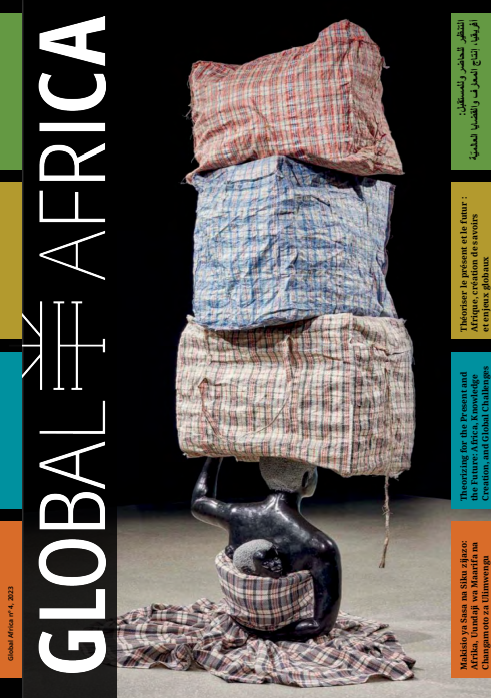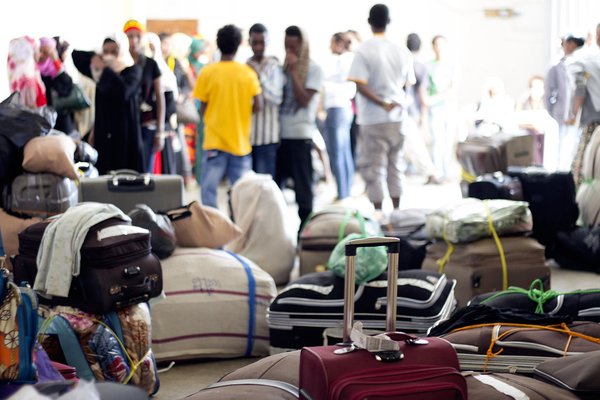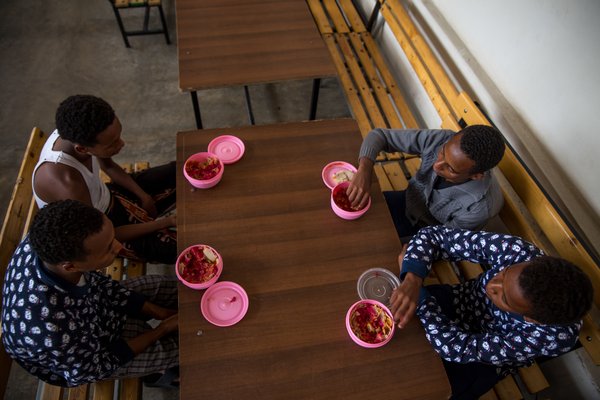
Ethiopian Sunday market by Aden Tefra on unsplash
This article is part of the fourth Global Africa issue: Theorizing for the Present and the Future: Africa, Knowledge Creation, and Global Challenges. International Migration journal. Please find the original posting here.
Abstract

Ethiopians are amongst the largest migrant groups living in South Africa. Their journey to South Africa is long, perilous, and expensive and, once at the destination, Ethiopian migrants are marginalised both by national immigration policies and along gender and class lines. Yet Ethiopian migration to South Africa has been continuing steadily for over twenty years. With this article, we aim at shedding light on how subjective factors play out when individuals consider where to go (imagined destinations), how their life could change (imagined lifestyles), and what emotions and feelings accompany them. Previous literature has shown that the ‘reputation’ of a destination plays a critical role in destination decision-making, alongside tangible factors, and, to a lesser degree, migration policies. We build on this evidence, reflecting on the question of how destinations are perceived and chosen. This allows for a more thorough understanding of the Ethiopian migration to South Africa and, ultimately, of migration decision-making as a process.



